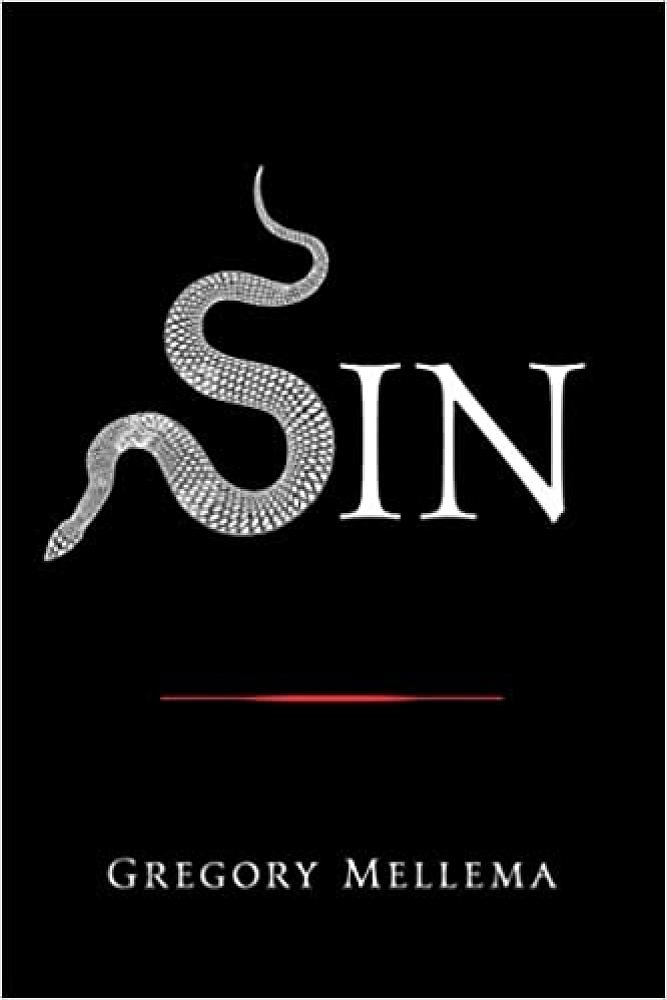
Book Review: Sin
GREGORY MELLEMA NOTRE DAME, IN: NOTRE DAME PRESS, 2021. 130 PP. ISBN: 9780268201333. $68.77.
How might Christians introduce that awkward word ‘sin’ when discussing a world in which the dark side of human nature is everywhere tangible and visible but resistant to analysis framed in traditional biblical and theological categories? This short volume offers a possible pathway by means of a clear and concise summary of the fairly widespread interest in morality and ethics in contemporary philosophy. The author (professor emeritus of philosophy at Calvin University) draws on a dozen or so of the better known contemporary Christian philosophers, including Marilyn Adams, Alvin Plantinga, Eleonore Stump, and Richard Swinburne, who have wrestled with issues of moral wrongdoing. Mellema’s choice of topics is “largely the result of issues thought to be significant by philosophers who have written about sin” (102).
The first two chapters elaborate the difference between sin understood as a pervasive, inescapable feature of the human condition, and the sins committed by individuals: Chapter One on “Original and Inherited Sin,” and a following chapter on “Individual and Collective Sins” with the possibility that collective groups might bear guilt for these latter sins. The next two chapters discuss the meaning of sinful complicity in the wrongful actions of others and what it means to say that some sins are more serious than others. As might be expected in a philosophical work, fairly extensive attention is given to precise meaning, for example in debates about moral ideals versus moral virtues, obligation, blame, symbolic value, collective action, supererogation [doing more than mere duty requires], accessory sins, mortal (or cardinal) sins, and venial sins. Another chapter discusses acts that ought to be “discouraged” even though only some of them ought to be called sins. A further chapter examines the link between sin and evil (concluding that while sin should be called evil, not all evil is the result of sin). A final chapter offers a quick survey of the teachings of six major world religions concerning sin; its details are rather sketchily traced but they do reinforce the overall theological point that the pursuit of fruitful ethics does imply or require a transcendent dimension.
The volume is refreshingly clear and written with freshness and high intelligence. But who might read it? It won’t provide preachers with a fund of telling anecdotes although Mellema does include many examples of vice ranging from individual rudeness and littering – boldly linked by him with what he calls a wider “vicious pattern of behaviour” contrasted with “a pattern of virtuous acts by many moral agents” (78) – to the ways in which racism and Holocaust generate society-wide sins that do create what he calls collective guilt. He seems distinctly uninterested in examples from sexual morality but he does offer engaging analysis of guilt, and of acts that are “forbidden,” “blameworthy” or “praiseworthy,” and of moral expectations – each of which could easily offer dialogical starting points. Mellema repeatedly and carefully argues that sin is something real and that empowering morality does require a persuasive but non-coercive transcendent starting point.
Nonetheless, readers will certainly need to do the work of cultural translation if the claims of this slim volume are to gain traction. If we in the global north do inhabit a world increasingly characterized by what some social scientists describe as the lateralization of both reason and authority, then appeals to transcendence – or even the advocacy of the word “ought” in discussions of morality and ethics – will continue to be met with indifference or incredulity. In other words, the translation of this example of what could be called an exercise in constructive apologetics into categories able to move what appears to be an increasingly self-obsessed and narcissistic culture will require a new generation of “Paul-in-Athens” disciples.
Bob Robinson is a Research Fellow Emeritus of Laidlaw College.
